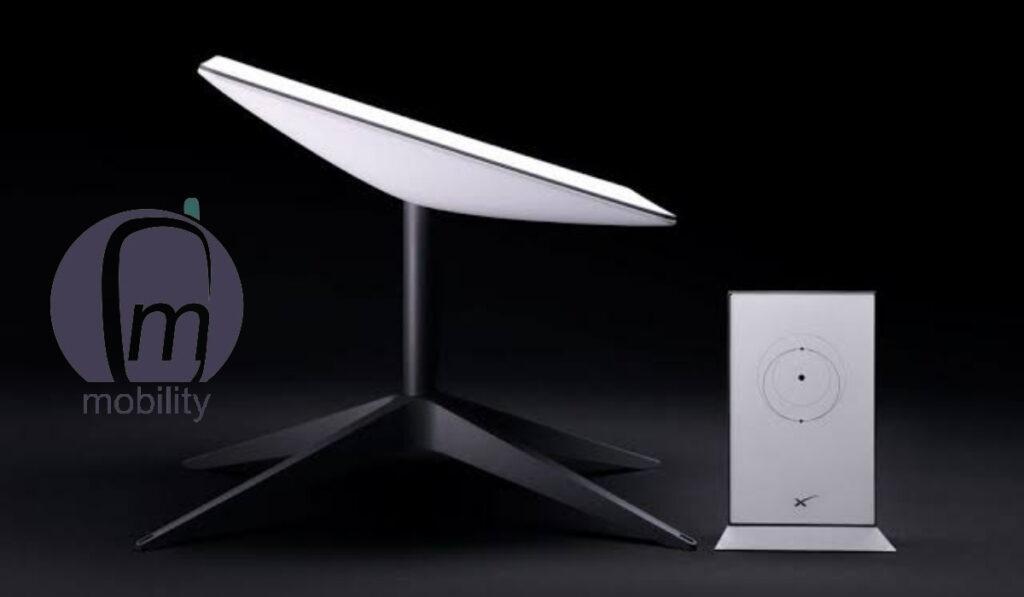In a significant move to combat online crime, Meta Platforms Inc., the parent company of Facebook, Instagram, and WhatsApp, has removed 63,000 accounts in Nigeria linked to sextortion scams.
This sweeping action is part of Meta’s ongoing effort to address the growing threat of digital extortion on its platforms.
Unmasking the Scammers
The crackdown, which took place at the end of May, targeted accounts engaged in blackmail schemes.
These scammers posed as young women to coerce individuals into sharing intimate photos, which were then used to extort money from the victims.
The removal follows a Bloomberg Businessweek exposé highlighting the rise of such crimes, particularly affecting teenagers in the United States.
The Global Impact
The U.S. Federal Bureau of Investigation (FBI) has identified sextortion as one of the fastest-growing crimes targeting minors.
The schemes often lead to severe consequences, including the tragic suicides of more than two dozen teens.
In one high-profile case, the death of 17-year-old Jordan DeMay in Michigan led to the arrest of suspects traced back to Lagos, Nigeria.
The Role of the Yahoo Boys
Many of the dismantled accounts were linked to the “Yahoo Boys,” a notorious group known for orchestrating various online scams.
These individuals have been using social media to recruit and train new scammers, sharing blackmail scripts and fake account guides.
Meta’s Response
Meta’s spokesperson emphasized the company’s commitment to user safety, stating, “Financial sextortion is a horrific crime that can have devastating consequences.”
The company is continually improving its defenses and has reported offenders targeting minors to the National Center for Missing & Exploited Children.
To enhance protection, Meta has implemented stricter messaging settings for teen accounts and safety notices regarding sextortion.
They are also employing technology to blur potentially harmful images shared with minors.
Ongoing Efforts
Meta’s actions highlight the complex and evolving nature of online crime. The company has pledged to remain vigilant, adapting its strategies to counter new threats as they emerge.
“This is an adversarial space where criminals evolve to evade our defenses,” Meta noted.
Looking Forward
As digital platforms continue to grapple with issues of privacy and security, Meta’s recent actions demonstrate a proactive stance in safeguarding users.
By dismantling these networks, the company aims to reduce the prevalence of sextortion and foster a safer online environment for all.
The crackdown serves as a reminder of the need for continued vigilance and collaboration between tech companies and law enforcement to protect individuals from the harmful effects of digital exploitation.


 Billionaire Watch3 weeks ago
Billionaire Watch3 weeks ago


 Startups4 weeks ago
Startups4 weeks ago


 News4 weeks ago
News4 weeks ago


 News4 weeks ago
News4 weeks ago


 Bitcoin4 weeks ago
Bitcoin4 weeks ago
 Naira4 weeks ago
Naira4 weeks ago
 Forex3 weeks ago
Forex3 weeks ago
 Treasury Bills4 weeks ago
Treasury Bills4 weeks ago














